THEMATIC HIGHLIGHTS
Beyond Literacy and Numeracy: re-thinking the curriculum
Summary of thematic strand from UKFIET conference, September 2017
Thematic convenors: Clare Bentall, Institute of Education UCL and Paul Vare, University of Gloucestershire
Surely nobody still believes that transferring a curriculum wholesale from one setting to another is a sensible approach. Certainly the presentations in this sub-theme of the 2017 UKFIET conference stressed the importance of context repeatedly, but beyond this point of agreement there were many areas for debate.
Take indigenous knowledge… Despite broad agreement that this needs to be incorporated alongside national priorities, whether in Senegal or South Sudan, indigenous knowledge is not always seen as positive. Constant communication with communities is critical to ensure that emerging curricula expresses shared values. This is curriculum as process, as negotiation, as research.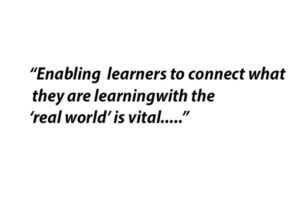
The influence of context came through strongly, whether of conflict and terrorism or environmental or global challenges. Responses through curricula, such as calls for decolonisation of the curriculum in South Africa, can challenge dominant narratives, or entrench them, as was illustrated by curriculum content in Pakistan around issues of security and gender. In contexts of conflict there was also evidence of how spaces can be found in the curriculum to meet the needs of learners, whether disabled refugee children in camps in Uganda, or accommodating different interest groups and three different languages in Somalia.
Although approaches to curricula vary, a common theme throughout the sessions was the need to understand and respond, so that the curriculum is relevant to local context. A curriculum model developed from, or at least agreed by, grass roots is more likely to be based on shared values. Presenters also argued that community-based approaches to curriculum development, where there was agreement on the broad issues, goals, values, and aspirations, can both improve social cohesion and reduce conflict.
This was illustrated through large-scale curriculum reform, such as with the development of a new curriculum in South Sudan, or curriculum reform in Kenya and Uganda. It was also evident in other initiatives where indigenous perspectives, community and learner engagement have led to innovative responses such as, a book project in Bhutan, and work on sustainability with indigenous teachers in Australia.
A challenge for all formal curricula is what to include and why, whether to stress cross-cutting themes or specific subjects, while also tackling the need for learners to survive in a globalised world and keep the connection to their local context. Presenters offered different responses to this challenge. There were calls for a greater focus on arts in education in Jordan, and debates about whether and how to include Development Studies and global citizenship in curricula. Some argued for a stronger focus on skills for the future, with contrasting presentations arguing for the inclusion of 21st Century skills such as critical thinking, digital literacy and collaboration, while others made the case for entrepreneurship. Enabling learners to connect what they are learning with the ‘real world’ is seen as vital if sustainable development is to be achieved. So, relevance is key, as is a balance between subjects and cross-curricula themes and between local and national priorities in order to provide opportunities for learners to develop critical skills for their future.

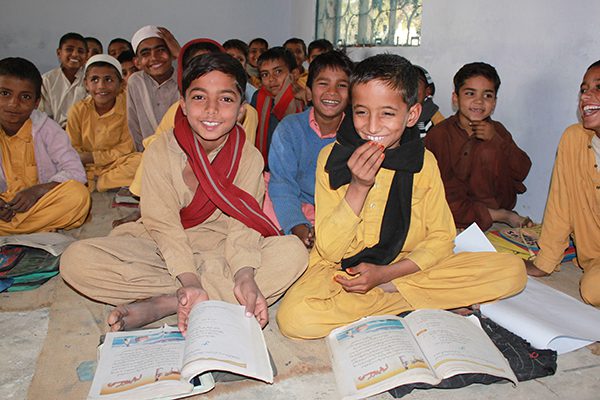
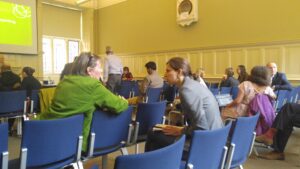
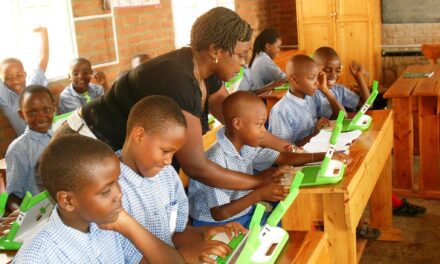
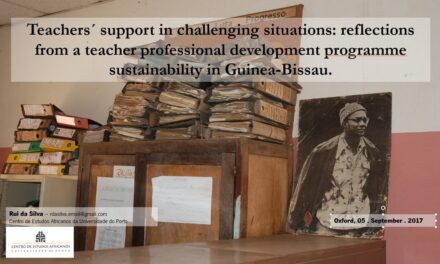
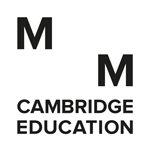
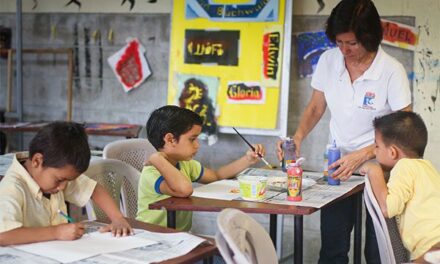
DOING IT THE CONCEPT WAY
Sample this. The teacher teaches you a concept. It goes above your head. Either you take the help of rote learning or you decide not to look at it again. You lose marks in the exam as there’s a question based on that particular concept. If this sounds like you then I have some good news for you. I discovered this app by chance and it has been helping me a great deal. Contextminds.com makes difficult concepts easy, clear and fun. Studies don’t feel like a burden anymore thanks to the concept maps.
If you are a teacher it will help you teach better and if you are a student this will help you self-study, analyse, revise and perform well. Concept map is no rocket science. We have all done tree diagrams at some point perhaps as a part of our last minute revision. There’s a head topic and then we bifurcate it into branches and write important points under it. Like say vitamins branched out into water and fat soluble. Under fat you have A, D, E, K and under water you have B and C.
A concept map uses geometrical figures like circle, square, rectangle and arrows. Usually the main topic is in the middle while the pointers are on the side. It has a user guide that will solve all your doubts and teach you to create your own map as a part of teaching, self/group-study for any subject. The app is free. You don’t have to pay anything but there’s a lot that will gain from it. Thanks to concept mapping that I can organise and share my knowledge in a simple way.